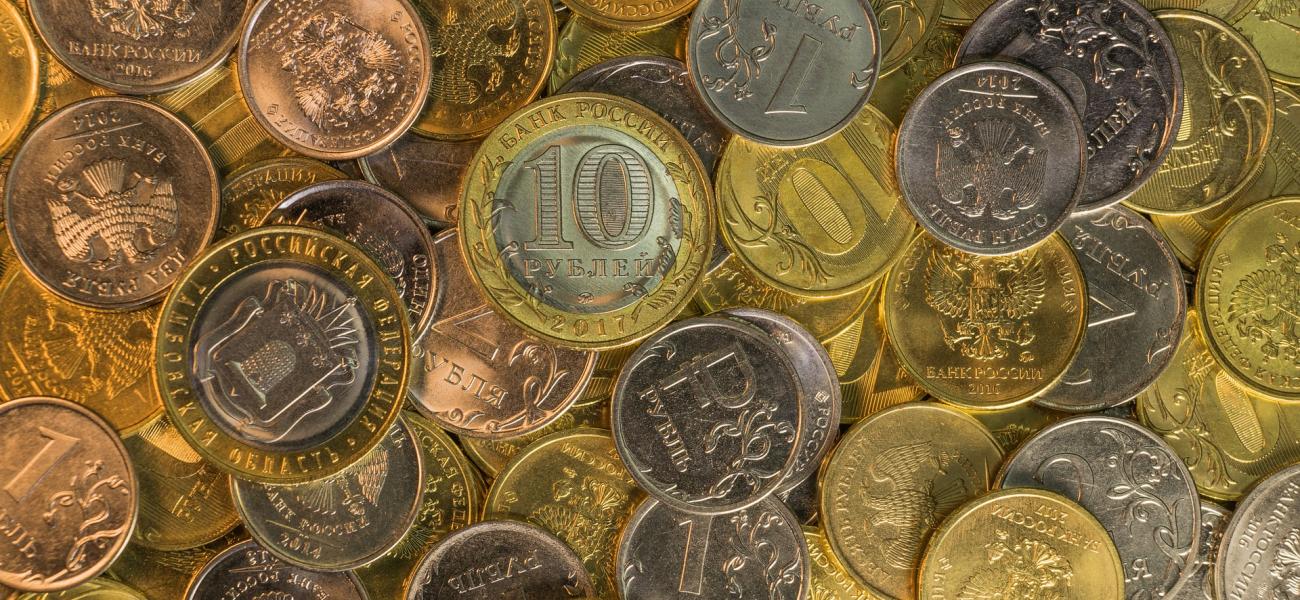
Claim in 2020: “Nobody wants to invest [in Russia].”
Read the full fact-check in our Contestable Claims section.

Source of the claim: Vladislav Inozemtsev, as quoted in the New York Times (February 2020)
In an article published Feb. 18, 2020, by the New York Times, Vladislav Inozemtsev, the director of the Center for Post-Industrial Studies in Moscow, was quoted as saying that “nobody wants to invest” in the Russian economy. He explained that “nobody believes the economic situation will be better tomorrow than it is today.” Inozemtsev’s comments imply that while the Kremlin has worked to make investors believe that the Russian economy is in good shape despite Western sanctions, these investors’ confidence in Russia is nonetheless low. We have decided to fact-check Inozemtsev’s claim because we believe that whether the Russian economy is perceived to be faring well and attracting investment or not is important as such perceptions are factored in when, for instance, the U.S. government assesses the effectiveness (or lack thereof) of its Russia sanctions policy.
Neither Inozemtsev nor Andrew Kramer, the New York Times journalist who wrote the Feb. 18 news story, specified whether, how or over what period of time they measured investments. To do so, we use the U.N. Conference on Trade and Development’s (UNCTAD) indicators about FDI in a country, including FDI inflows and stocks, cross-border acquisitions and announced greenfield investment projects. These indicators are comprehensive and well-respected throughout the world, and were recommended to us by Harvard economists. We also evaluate various indicators on the Moscow Exchange (MOEX) to elucidate patterns in international capital flow and investor confidence in Russian markets. We use these indicators because they present quantitative and easily comparable measures of investor confidence in the Russian economy. We also analyze data from the Organization for Economic Cooperation and Development (OECD), as this organization provides detailed and reliable data. We use the other BRICS countries (Brazil, India, China and South Africa) as comparative cases, as leading investment banks and organizations often group them together as major emerging market economies. We mainly analyze data from 2013, the year before many Western sanctions were implemented, to 2019, which was the last full year before Inozemtsev made his assessment in the February 2020 news story. We also depict some data prior to 2013 when available and applicable.
